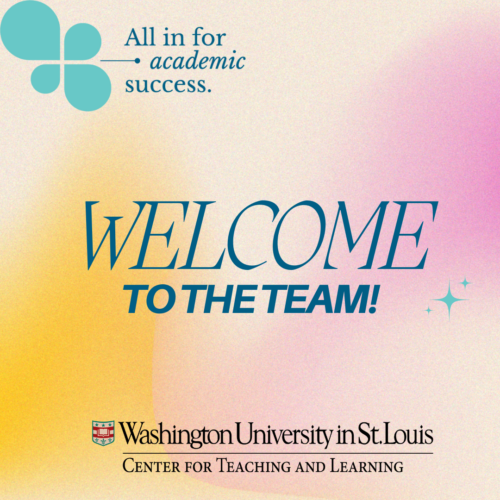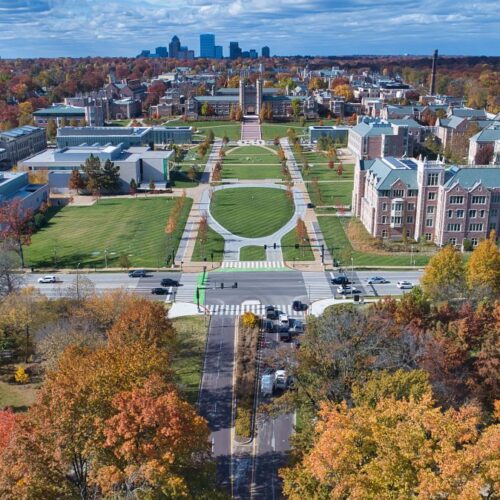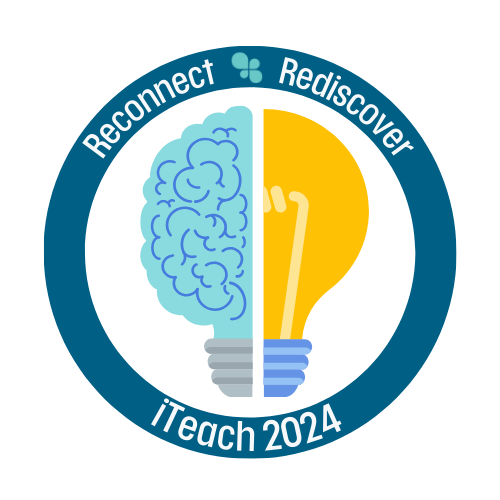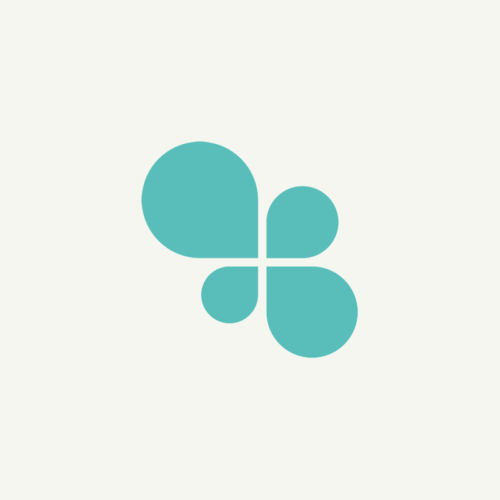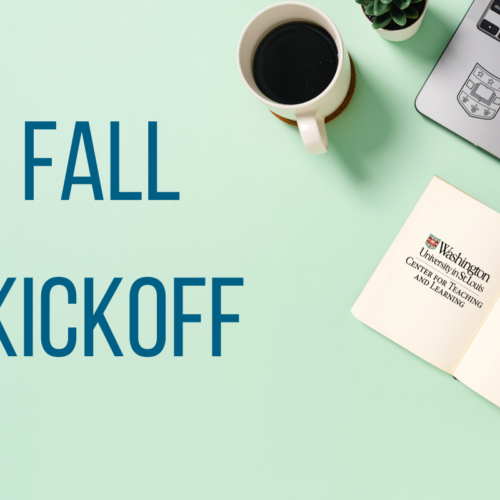Call for Applications: Information Literacy Learning Community for Faculty and Librarians
In the current social and political climate, the need for information literacy is increasingly evident as we have seen misinformation campaigns about COVID-19 and vaccines, the 2020 election, and the Black Lives Matter movement. Through the Information Literacy Learning Community for Faculty and Librarians (ILLC), WashU faculty and librarians collaborate on the preparation and teaching of a course with the goal of better developing students’ information literacy skills. For the next cohort, each pair will work together to integrate information literacy into Fall 2021 courses. Pairs will collaboratively create and update syllabi, course assignments, and content for particular class sessions, in addition to having the librarian colleague embedded in the course. The librarian will support students as they learn to better discern, engage with, and contribute to information, be it in the form of an Instagram post or an academic journal article. Participants receive a stipend or professional development funds of $1500 to support their time.
To learn more, visit the Information Literacy Learning Community Website or apply today to be part of the Information Literacy Learning Community for Faculty and Librarians.
Previous participants have embedded information literacy within their disciplinary contexts and support students to understand the relevance of what they are learning to their everyday lives.
Example topics previous courses have addressed include:
- exploring public knowledge production and “information creation as process” through the editing of relevant Wikipedia entries.
- strengthening student awareness and assessment of how information campaigns construct authoritative credibility, how these campaigns develop and evolve compelling narrative structures, and how they propagate quickly through media landscapes.
- advancing students’ understanding of “scholarship as a conversation” by completing article traceback assignments where students find original research about childhood development that is discussed in popular press articles.
- improving students’ understanding that “authority is constructed and contextual” through learning about the mechanisms that produce film historical knowledge, emphasizing questions related to the politics of the archive, bias in film collection and programming, blind spots in film historiography, and problems of gatekeeping, representation, and restitution.
- teaching students to create a shared database of architecture images used for course projects that demonstrated transparency about the source of the image as well as the role of the image in their projects.
- advancing students’ data literacy through critical thinking about “off-the-shelf” data that they find online and helping students practice presenting complex research in direct and approachable ways.
- supporting students to analyze texts “vertically” and “laterally” as a strategy for becoming more savvy researchers as well as consumers of news, social media, and other forms of information
If you have questions, please feel free to contact Cassie Power, Gephardt Institute for Civic and Community Engagement, at cpower@wustl.edu.
This initiative is generously supported by the Leslie Scallet Lieberman and Maury Lieberman Information Literacy Education Fund.
